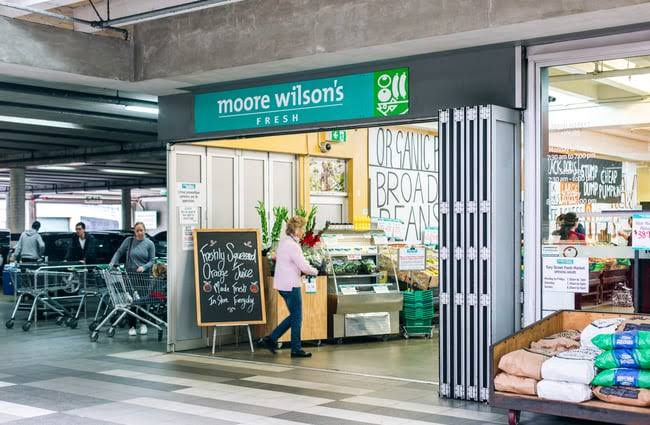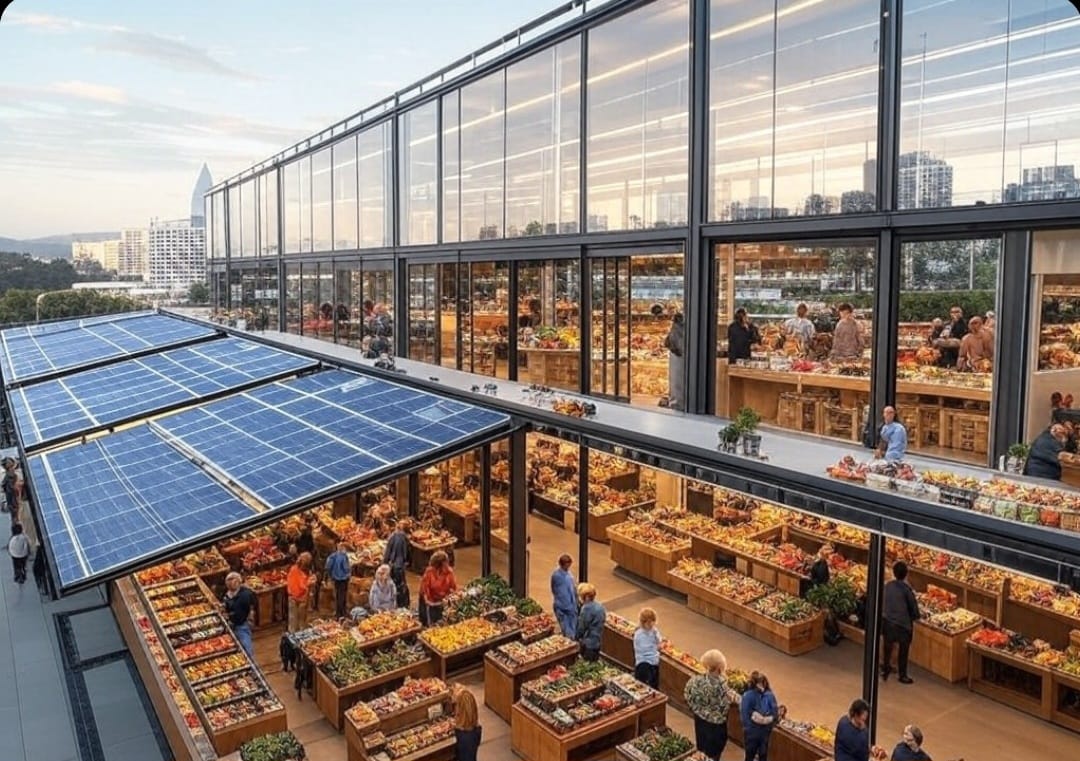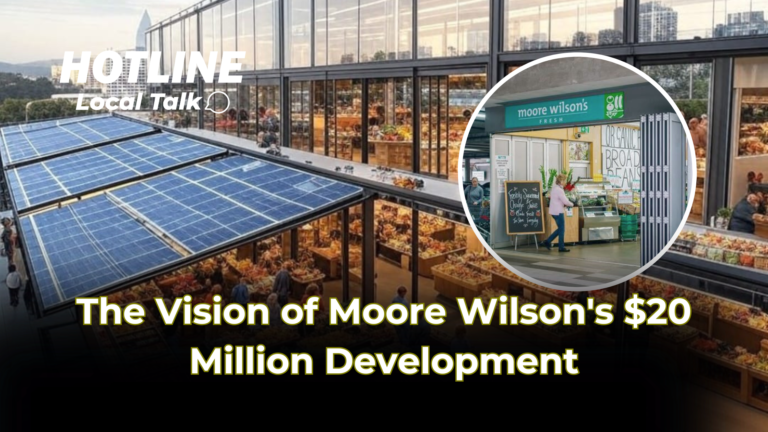In the heart of Wellington, Moore Wilson’s, a cherished local institution since 1918, proposed an ambitious $20 million development. This project aimed to transform their existing site into a lifestyle, food, and shopping hub. However, despite its potential, the proposal was overlooked by the Wellington City Council (WCC).
Julie Moore’s Vision
Julie Moore, the fourth-generation leader of Moore Wilson’s, had a clear vision for this development. She imagined a space where Wellingtonians could indulge in culinary delights, shop for unique products, and enjoy community events. This vision was not just about expansion; it was about creating a vibrant hub that would enhance the city’s cultural landscape.
The Proposed Development
The development would have seen an increase in the retail footprint by an additional 10,000 square metres. Plans included:
- Specialised Food Markets: Areas dedicated to local produce, artisanal goods, and international foods, promoting both quality and diversity in culinary offerings.
- Culinary Workshops: Spaces for cooking classes, workshops, and food demonstrations led by local chefs, aiming to educate and entertain the community.
- Community Spaces: An outdoor market area, designed for weekend farmers’ markets, cultural events, and social gatherings, fostering a sense of community.
- Sustainable Practices: Incorporation of 680 solar panels on the roof for energy efficiency, reflecting Moore Wilson’s commitment to environmental sustainability.

Economic Impact and Benefits
The project was expected to boost local employment by creating around 300 new jobs. Moreover, it would have attracted more foot traffic to the central city, potentially benefiting other local businesses. The economic ripple effect could revitalise the area, particularly after the challenges posed by recent events like the global health crisis and earthquakes.
Disappointment from the WCC
Despite these benefits, the WCC did not prioritise this development in their planning agenda. The council’s focus on other projects like the Golden Mile pedestrianisation seemed to overshadow Moore Wilson’s proposal. This decision was met with frustration from Julie Moore and her team, who believed in the project’s potential to enrich Wellington’s lifestyle scene.
Community Reaction
The community had mixed reactions. Some locals and businesses supported the idea, seeing it as an enhancement to Wellington’s foodie culture. However, others worried about increased congestion and the impact on local parking, especially since Moore Wilson’s already has a parking facility that would remain accessible.
The Road Not Taken
Julie Moore, alongside her family and team, felt that this project was a missed opportunity for Wellington. They had envisioned not just a store but a cultural touchstone that would have put Wellington on the map as a destination for food enthusiasts. The absence of this development leaves a gap in what could have been a significant boost to the city’s social and economic fabric.
Conclusion
Although the $20 million development did not see the light of day, the vision of Moore Wilson’s remains a testament to their commitment to community and quality. The story of this unfulfilled proposal continues to stir discussions about urban development priorities in Wellington, highlighting the need for councils and businesses to work in tandem for mutual growth.








